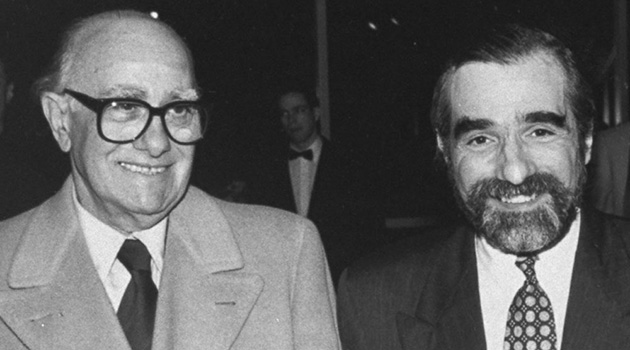A tale of New York

He got through his public schooling, and eventually landed himself a job on the presses in the Garment District, where he developed a taste for fancy suits. Even though these were largely homemade – at twenty he’d married a talented seamstress named Catherine – in his decidedly hard-scrabble neighborhood, his affinity for incongruously sharp jackets and cleanly creased trousers gave him a reputation around the block as a “connected” fella. People talk. The meetings he’d be seen having with the local “family” members, though more often than not only to negotiate his brother’s bar tabs and gambling debts to keep them from becoming a mortal issue, only helped to cement this reputation. This notwithstanding, Charlie, by all accounts, was just a decent church-going guy of modest means navigating some complicated situations in a volatile environment with some nefarious players to keep his loved ones safe. But he looked damned good doing it.
Having failed in a brief bid to level up to a nicer location in Queens, Charlie ended up securing a cramped but livable apartment just a couple doors down from his own parents’ place in the Bowery on Elizabeth Street. There with his with his wife he worked his shifts through the day, swapped tall tales in the evenings with the gang at the corner bar, and dutifully raised their two sons, Frank and Marty. Frank, the older of the two was an average city kid, playing stickball in the street and getting into trouble with his pals. Marty, six years younger, not so much. Marty had asthma, bad. He was a frail and sickly wisp of a thing, and wasn’t physically able to join in the usual shenanigans of the other neighborhood boys. Besides going to school every day under the fiercely strict auspices of the Catholic Sisters of Mercy at St. Patrick’s, he didn’t often leave their tiny apartment. Marty spent his hours observing the the cacophonous urban bustle of the street below from the fire escape outside their third floor window. Screaming kids, honking cars, and neighbors hollering at each other into the night. Pushcart vendors, and shuffling codgers, tireless hustlers, and overworked cops. Greasers, grifters, and good time girls all mingling in and around he near-weekly religious street festivals. He took it all in. Always watching.
A life-long film buff, Charlie bought the family one of those new-fangled television thingamajigs in 1948, and together they watched all the new programs, all the old movies, and would spend late hours sitting at the kitchen table talking about them. As young Marty grew, he grew no less fragile. Charlie made a point of getting the kid out of the apartment as often as possible, but the boy’s afflictions made for limited options. Charlie took to bringing him along regularly to the local cinema, sometimes 5 times a week. The modest Waverly Theater was right close by, and the more opulent Commodore just a couple of blocks further down 6th Street. They’d attend just about anything that might be playing. Westerns, romances, science fiction, war movies, historical dramas. Hollywood pictures, foreign stuff, new stuff, old stuff. Anything and everything. Charlie looked on as Marty devoured it all. Sometimes, after they’d walked home, Charlie would find the boy drawing down scenes from the films in a notebook from memory.

When Marty chose to study film after he graduated high school, Charlie could hardly argue. He’d raised the boy to fall in love with cinema. The kid was sharply observant, deeply articulate and had a memory like a bear trap. He’d grown to show a devoutly spiritual temperament matched by talent for analytical thought and a drive to express his perspectives. Marty enrolled in NYU which, though not far from home was really whole worlds away. Soon enough, Charlie saw the young man out of their crucible and off to California. A few years later, as Charlie turned 60, it could not have come as a huge surprise for him, as he sat back in his seat at the Waverly, to find his boy’s first nationally distributed feature film, MEAN STREETS, was set in the grungy underbelly of their own stomping grounds of Little Italy. He may have sensed an echo of familiarity to discover the story was so squarely focused on the life of a decent church-going guy of modest means navigating some complicated situations in a volatile environment with some nefarious players to keep his loved ones safe. Surely he experienced a wave of pride as the opening credit montage rolled, playing The Ronettes’ “Be My Baby,” to fade out on the words “Martin Scorsese … Director.”
Think, though, just imagine, what must have gone through that man’s heart when he realized the hero of his boy’s picture was named ‘Charlie.’
The Music Hall Film Club will screen Martin Scorsese’s MEAN STREETS (1973) on Tuesday, July 25 at The Music Hall Loft. as part of its “Hit the Ground Running” program of debut films from great directors.
Details about the Hit the Ground Running series HERE
Discounted series subscription passes HERE
